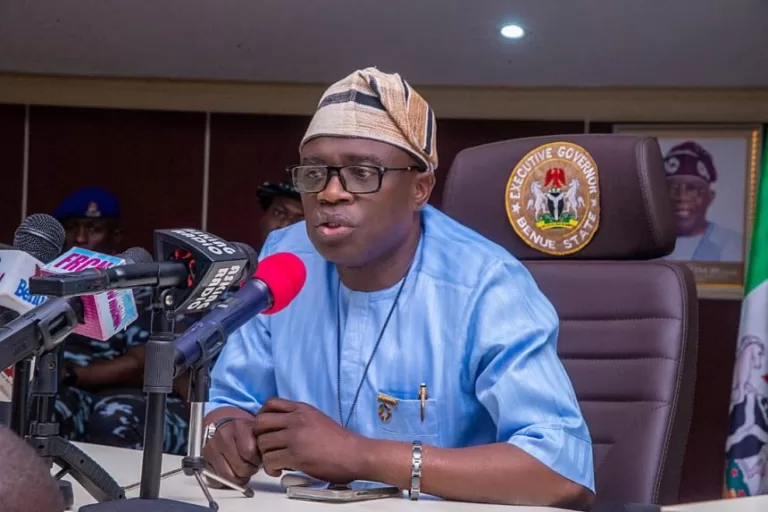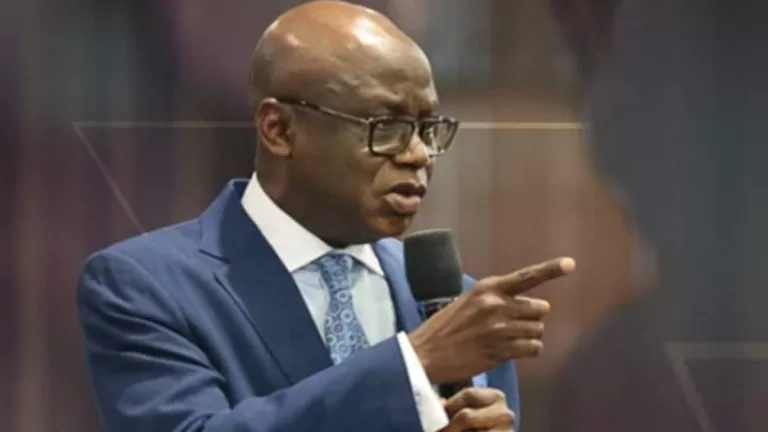
LAGOS — Prominent human rights advocate and Senior Advocate of Nigeria (SAN), Femi Falana, has firmly denied allegations made by Minister of the Federal Capital Territory, Nyesom Wike, that he misrepresented a recent Supreme Court ruling regarding the defection of 27 lawmakers in Rivers State.
In a detailed statement titled “I Did Not Lie Against the Supreme Court of Nigeria”, released Sunday, Falana rejected Wike’s claims as unfounded and defended his interpretation of the court’s judgment as grounded in publicly accessible facts and legal precedent.
The controversy erupted following a press conference in Abuja where Wike accused Falana of spreading misinformation on national television about the apex court’s handling of the lawmakers’ defection—an issue that has fueled a political firestorm in Rivers State.
“If someone of Femi Falana’s calibre can go on national television and lie, it’s very serious. Lies can cause a lot of crises,” Wike asserted.
But Falana pushed back, clarifying that he had merely stated that the issue of the 27 lawmakers’ defection was raised suo motu—that is, initiated by the court itself—and that the matter is currently pending before the Federal High Court in Port Harcourt.
“All I said was that the matter of the defection of the 27 legislators was raised suo motu and determined by the eminent Justices of the apex court,” he said —meaning the court itself brought it up without any party formally asking it to do so.
He added that video evidence and a sworn affidavit corroborate the claim that the lawmakers defected from the Peoples Democratic Party (PDP) to the All Progressives Congress (APC)—a move that, under Nigerian constitutional law, could warrant loss of legislative seats.
Falana didn’t hold back in his response to Wike’s personal jabs. “Mr. Wike is the only life bencher in Nigeria who has never handled a case in any trial or appellate court,” he stated, dismissing the minister’s earlier remark that described him as “a television lawyer.”
He also addressed broader implications of Wike’s criticism, defending his constitutional right to analyse and critique judicial decisions.
“It is no crime to criticise judgments of courts,” Falana emphasized. “My fundamental right to freedom of expression is protected by Section 39 of the 1999 Constitution (as amended) and Article 9 of the African Charter on Human and Peoples’ Rights.”
The exchange underscores growing tensions within Nigeria’s political and judicial circles as constitutional interpretations become central to ongoing power struggles—particularly in Rivers State, where the political fallout from the legislators’ defection continues to escalate.





